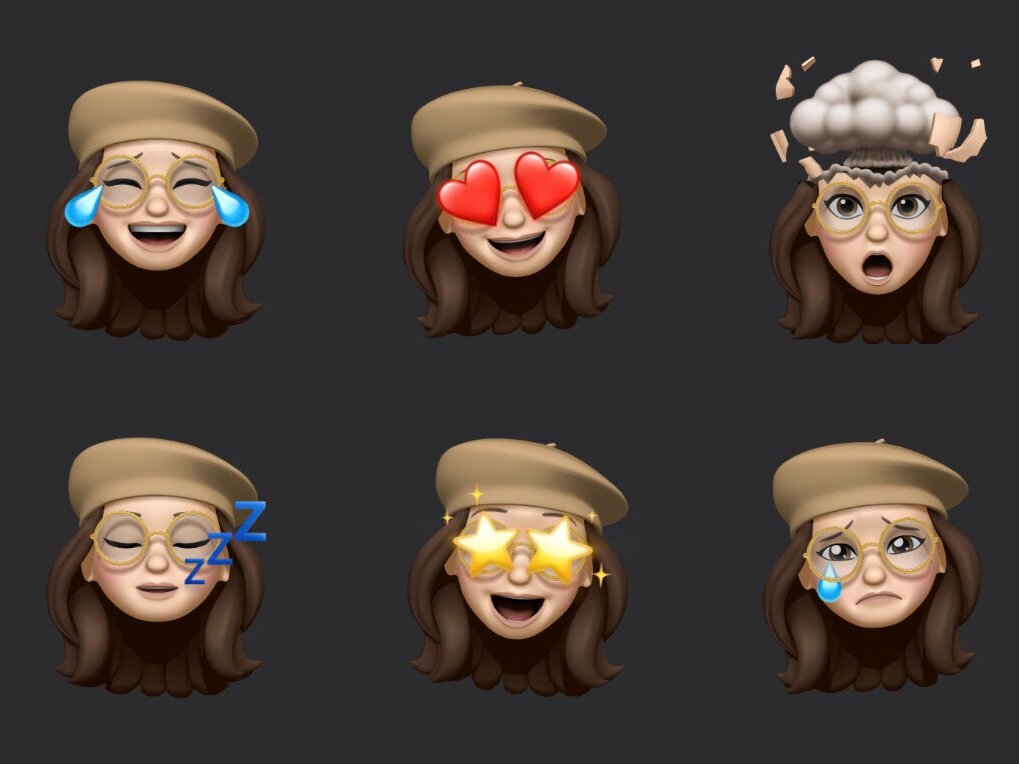The power of emotional vocabulary
Imagine navigating a foreign land without understanding their native language. You'd be flustered, and your brain would go fanatical in pursuit of predicting things around you.
Our involvement with emotions is somewhat similar. It's like navigating the complex web of emotions. We are capable of defining our emotions with the words we have heard or read about. Which actually if you think of it, you can count on your fingers. We may not get as lost as a tourist wandering in an unknown city without the aid of language or the internet. But, we are never taught the lexicon of the emotional map to navigate through life.
Using only a few words to express and articulate feelings is like using an unsharpened knife. Anyone who has used a blunt knife knows that it creates more mess than it solves. This is where the power of emotional vocabulary comes to play.
Emotional vocabulary is a collection of words you can use to define precisely what you are feeling.
We generally end up using abstract or broader terms to describe our emotions. We label hunger as sadness or disappointment as anger. Or even infatuation as love. At any given point in time, it may not be apparent what is the underlying emotion. We feel positive feelings, negative emotions, or a combination of both. The varying spectrum of emotions we experience as humans and the words we use to characterize them correctly may or may not be equivalent.
A language is compelling on its own, and when you add a specificity of emotions, it becomes effective. Our ability to think in words, express, communicate and make sense of the environment is phenomenal.
We may not realize the power of language. Still, the ability to observe and precisely articulate is what sometimes brings a sense of control. Language assists us in perceiving reality in the best way possible. When one can perceive specifically, one can solve problems or comprehend correctly.
Researchers and psychologists have found that a better emotional vocabulary can help us identify and regulate emotions more quickly. You can easily observe what you feel, characterize it, and unlock its grip when you have rich, expressive language. Or, in simpler terms, use your rational brain to find a solution to help yourself move away from negative emotions. Defining what one is feeling or experiencing is half the battle won. When we can determine what is arising within us, we can look for possible solutions to manage it.
Here is a wheel of emotional vocabulary by Geoffrey Roberts that you may find helpful.
Next time, when you feel an emotion, try and look for a word that defines it accurately! And notice how this one tool can upgrade your emotional intelligence.

